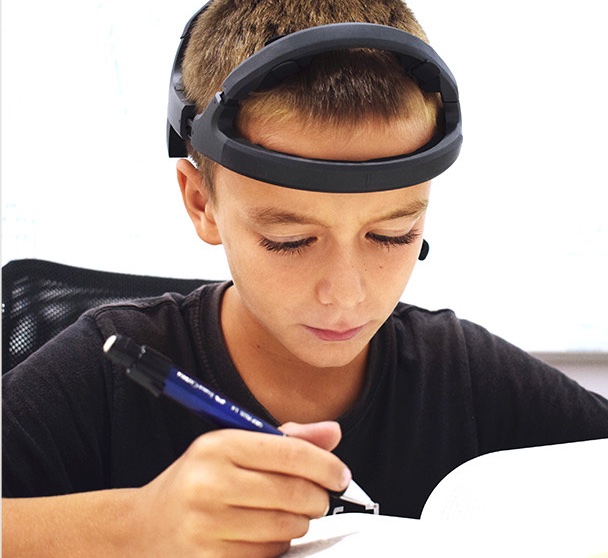Attention Deficit Hyperactivity Disorder (ADHD) is one of the most prevalent neuropsychiatric disorders in childhood and adolescence and its diagnosis is based on clinical interviews, symptom questionnaires, and neuropsychological testing. Much research effort has been undertaken to evaluate the usefulness of neurophysiological (EEG) data to aid this diagnostic process. In the current study, we applied deep learning methods on event-related EEG data to examine whether it is possible to distinguish ADHD patients from healthy controls using purely neurophysiological measures. The same was done to distinguish between ADHD subtypes. The results show that the applied deep learning model (“EEGNet”) was able to distinguish between both ADHD subtypes and healthy controls with an accuracy of up to 83%. However, a significant fraction of individuals could not be classified correctly. It is shown that neurophysiological processes indicating attentional selection associated with superior parietal cortical areas were the most important for that. Using the applied deep learning method, it was not possible to distinguish ADHD subtypes from each other. This is the first study showing that deep learning methods applied to EEG data are able to dissociate between ADHD patients and healthy controls. The results show that the applied method reflects a promising means to support clinical diagnosis in ADHD. However, more work needs to be done to increase the reliability of the taken approach.
Amirali Vahid 1, Annet Bluschke 1, Veit Roessner 1, Sebastian Stober 2, Christian Beste 3
- 1 Cognitive Neurophysiology, Department of Child and Adolescent Psychiatry, Faculty of Medicine, TU Dresden, Fetscherstrasse 74, 01309 Dresden, Germany.
- 2 Artificial Intelligence Lab, Institute for Intelligent Cooperating Systems, Faculty of Computer Science, Otto von Guericke University Magdeburg, Universitätsplatz 2, 39106 Magdeburg, Germany.
- 3 Cognitive Neurophysiology, Department of Child and Adolescent Psychiatry, Faculty of Medicine, TU Dresden, Fetscherstrasse 74, 01309 Dresden, Germany. christian.beste@ukdd.de.



